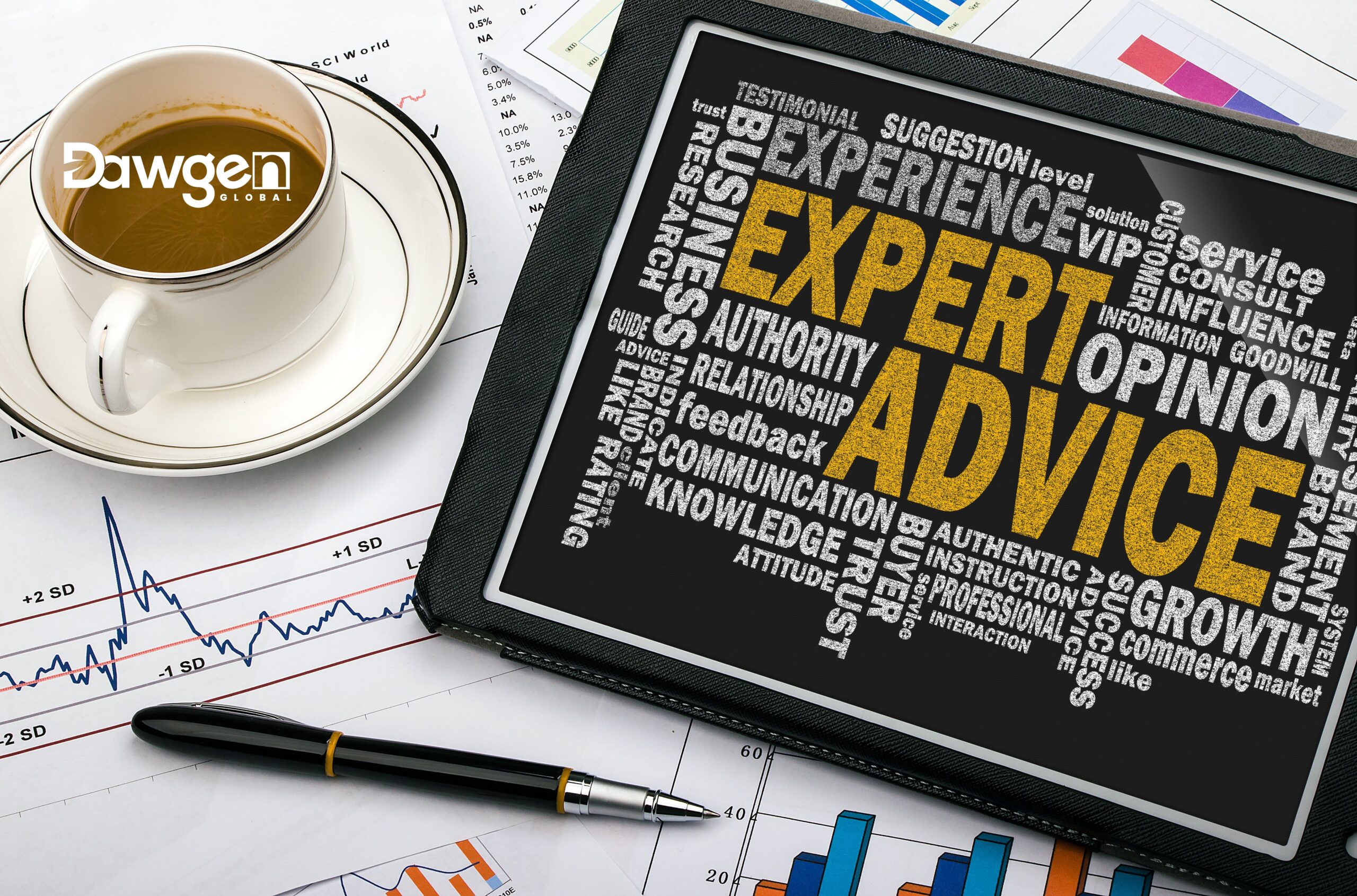 In today’s complex business landscape, professional accountants often turn to external experts for specialized knowledge to support audits, sustainability assurance, valuations, and other professional services. The International Ethics Standards Board for Accountants® (IESBA) has recently issued significant revisions to the International Code of Ethics for Professional Accountants that directly address the use of external experts. These revisions, detailed in the January 2025 publication titled “Basis for Conclusions: Revisions to the Code Addressing Using the Work of an External Expert”, provide clarity and ethical guidance for all stakeholders.
In today’s complex business landscape, professional accountants often turn to external experts for specialized knowledge to support audits, sustainability assurance, valuations, and other professional services. The International Ethics Standards Board for Accountants® (IESBA) has recently issued significant revisions to the International Code of Ethics for Professional Accountants that directly address the use of external experts. These revisions, detailed in the January 2025 publication titled “Basis for Conclusions: Revisions to the Code Addressing Using the Work of an External Expert”, provide clarity and ethical guidance for all stakeholders.
At Dawgen Global, we recognize the importance of these updates and offer the following key insights and guidance for our clients, partners, and professionals navigating the use of external expertise.
1. Why These Revisions Matter
The IESBA has introduced these revisions in response to:
-
Increasing reliance on external experts in areas like sustainability, technology, and valuations.
-
Ethical and independence concerns, especially in audit and assurance engagements.
-
Calls for global consistency in evaluating expert objectivity, competence, and capabilities.
These revisions impact both Professional Accountants in Public Practice (PAPPs) and Professional Accountants in Business (PAIBs).
2. Key Ethical Expectations When Using an External Expert
The revised Code now introduces structured requirements that demand professional accountants:
-
Evaluate the competence, capabilities, and objectivity (CCO) of any external expert.
-
Avoid use of an external expert if they lack the necessary CCO.
-
Document their assessment and maintain written confirmation from the expert.
-
Apply a principles-based approach in determining appropriateness, enhancing scalability and relevance across engagements.
3. Practical Considerations for Stakeholders
As part of implementation, Dawgen Global encourages stakeholders to consider:
a) Scoping and Definition Clarity
-
Experts are defined as those possessing skills, knowledge, and experience outside the accountant’s own competence.
-
Subcontractors or individuals under direct supervision are not considered “external experts” under these provisions.
b) Evaluating Objectivity
-
The accountant must assess any threats to objectivity, including business relationships or incentives.
-
For audits of public interest entities (PIEs), the requirements are more rigorous.
c) Written Communication and Agreements
-
Terms of engagement must include agreements that the expert will disclose relevant interests, relationships, and affiliations to the best of their knowledge and belief.
-
Written communication ensures clarity, accountability, and traceability.
4. Implications for Audit and Assurance Services
In high-risk engagements such as audits or sustainability assurance:
-
Additional safeguards must be evaluated and documented.
-
The accountant must distinguish between when an expert’s contribution supplements versus replaces core audit work.
-
Overreliance on expert work without due diligence may create self-interest or advocacy threats, undermining professional integrity.
5. PAIBs and Governance Considerations
For PAIBs:
-
Internal policies must align with ethical expectations when engaging experts.
-
Even if the PAIB cannot directly contract the expert, they remain ethically responsible for ensuring that the expert’s work is appropriate for use.
6. Dawgen Global’s Commitment
At Dawgen Global, we support these new standards as part of our continued commitment to ethical excellence. We are actively embedding these principles into our service methodology and advising clients on best practices.
Clients and stakeholders can expect from us:
-
Robust evaluations of external experts.
-
Transparent documentation processes.
-
Guidance on integrating expert input into reports and deliverables without compromising ethical standards.
Conclusion
The IESBA’s 2025 revisions represent a significant step toward enhancing trust and accountability in the use of external expertise. As businesses navigate increasingly specialized and complex environments, ethical frameworks must evolve accordingly. Dawgen Global stands ready to assist clients in interpreting and applying these standards effectively and responsibly.
For a deeper dive, we encourage stakeholders to review the official IESBA publication: ➡️ Basis for Conclusions: Revisions to the Code Addressing Using the Work of an External Expert (January 2025), available at: www.ethicsboard.org
Next Step!
“Embrace BIG FIRM capabilities without the big firm price at Dawgen Global, your committed partner in carving a pathway to continual progress in the vibrant Caribbean region. Our integrated, multidisciplinary approach is finely tuned to address the unique intricacies and lucrative prospects that the region has to offer. Offering a rich array of services, including audit, accounting, tax, IT, HR, risk management, and more, we facilitate smarter and more effective decisions that set the stage for unprecedented triumphs. Let’s collaborate and craft a future where every decision is a steppingstone to greater success. Reach out to explore a partnership that promises not just growth but a future beaming with opportunities and achievements.
✉️ Email: [email protected] 🌐 Visit: Dawgen Global Website
📞 Caribbean Office: +1876-6655926 / 876-9293670/876-9265210 📲 WhatsApp Global: +1 876 5544445
📞 USA Office: 855-354-2447
Join hands with Dawgen Global. Together, let’s venture into a future brimming with opportunities and achievements

